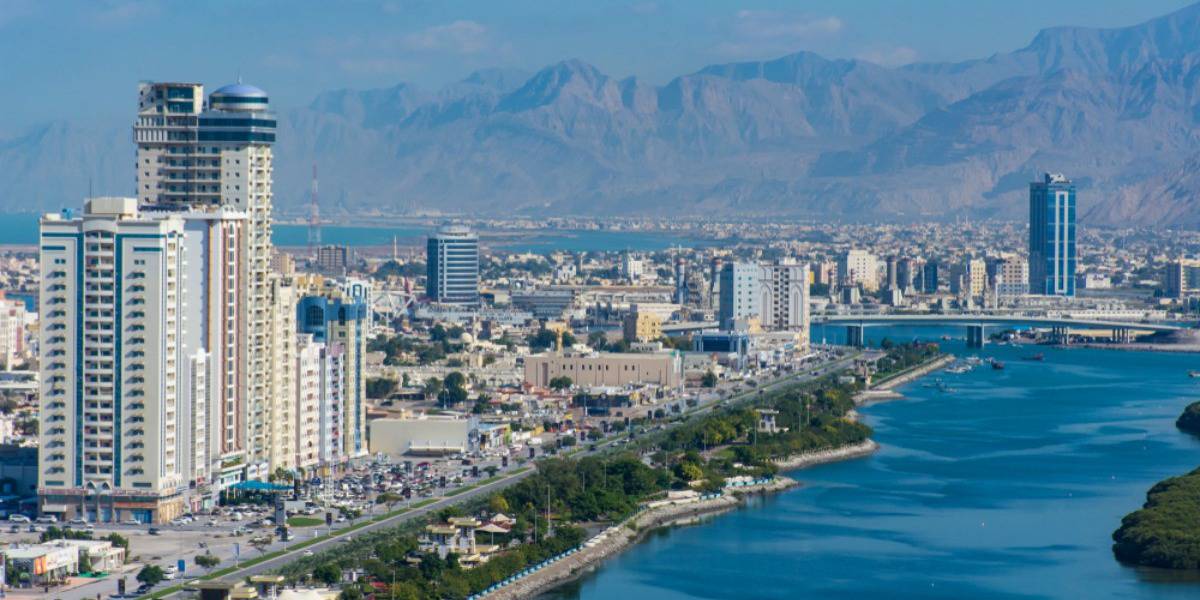UAE’s Ras Al Khaimah takes wide-ranging health and safety measures as tourism reopens post-COVID lockdown
The northernmost of the seven emirates making up the United Arab Emirates, Ras Al Khaimah, obtained as the world’s first city both Bureau Veritas’ (BV) Safeguard Label and the World Travel and Tourism Council (WTTC) Safe Travels Stamp.
“As travel starts to resume, our role is to ensure robust measures are in place to protect the health and safety of our visitors and provide the peace of mind they need for a truly well-deserved holiday,” Raki Phillips, CEO of Ras Al Khaimah Tourism Development Authority, said in a press release on June 30.
The announcement comes on the heels of neighbouring Dubai’s decision to open its airport to international guests again from July 7. Dubai International Airport is a 45-minutes’ drive from Ras Al Khaimah.
According to WTTC’s Travel & Tourism Global Economic Impact & Trends 2020 published on June 30, the UAE’s Travel & Tourism GDP grew by 5% to $48.5 billion in 2019. The strong growth is attributed to the increased attractiveness of smaller emirates, such as Ras Al Khaimah and Sharjah, to add to the already established global attractions Dubai and Abu Dhabi.
RAK EFFORTS
Under the patronage of the Ras Al Khaimah Tourism Development Authority, the French-headquartered testing and certification company Bureau Veritas ran health, safety, and hygiene audits across all of the emirate’s 45 properties, including the Al Hamra International Exhibition and Conference Center.
The venue is the first MICE facility in the Middle East to receive BV’s Safeguard label.
“We have to make sure that places where people live and work follow good hygiene practices,” Marcel Hochar, Bureau Veritas’ Senior Vice President Middle East and Central Asia told Salaam Gateway.
“Subject matter experts developed the audit checklists, taking any local authority requirements into consideration,” Hochar said. “Our Safeguard label isn’t only for the hospitality sector, but for any B2C business,” he added, as BV customizes the process for every industry and type of sector.
The actual audit occurs either as a remote or field audit on-site. Once awarded, the Safeguard label applies for six months. Within this period, BV conducts an additional inspection at an unannounced field visit.
Hochar stressed the Safeguard Label is not an accredited one. “It doesn’t guarantee to the clients the facility will be free from any virus,” he said.
So far, all Middle Eastern enterprises going through the process received the label, and BV runs a public website listing the certified organisations worldwide.
To receive WTTC’s Safe Travel Stamps, destinations, hotels, restaurants, airlines, airports, and other tourism operators need to implement the relevant protocols, agree to the terms and conditions, and submit their company protocols for validation to the global body.
The WTTC protocols take into account current WHO and CDC guidelines and strive for rebuilding trust and confidence in the traveler.
“The acceptance of our programme was amazing,” Bureau Veritas’ Hochar said. “Within three weeks, we were at 15 million euros ($16.8 million) of worldwide sales,” he announced, disclosing the firm has a global contract with Accor, Preferred Hotels, and the Jumeirah Group.
Holding costs at bay helped. Hochar said “it’s not a high cost service”.
“For a midsize hotel, say 200 rooms and four stars, with a restaurant and sports facilities, we anticipate two days' work. Depending on the region, that’s an investment of around $1,000.”
“It (the label) also validates the huge efforts of our hospitality partners who are focused on delivering the highest global safety standards, today and every day, as we navigate this new normal for the industry,” RAK Tourism Development Authority CEO Phillips said.
(Reporting by Petra Loho; Editing by Emmy Abdul Alim emmy.abdulalim@salaamgateway.com)
© SalaamGateway.com 2020 All Rights Reserved
